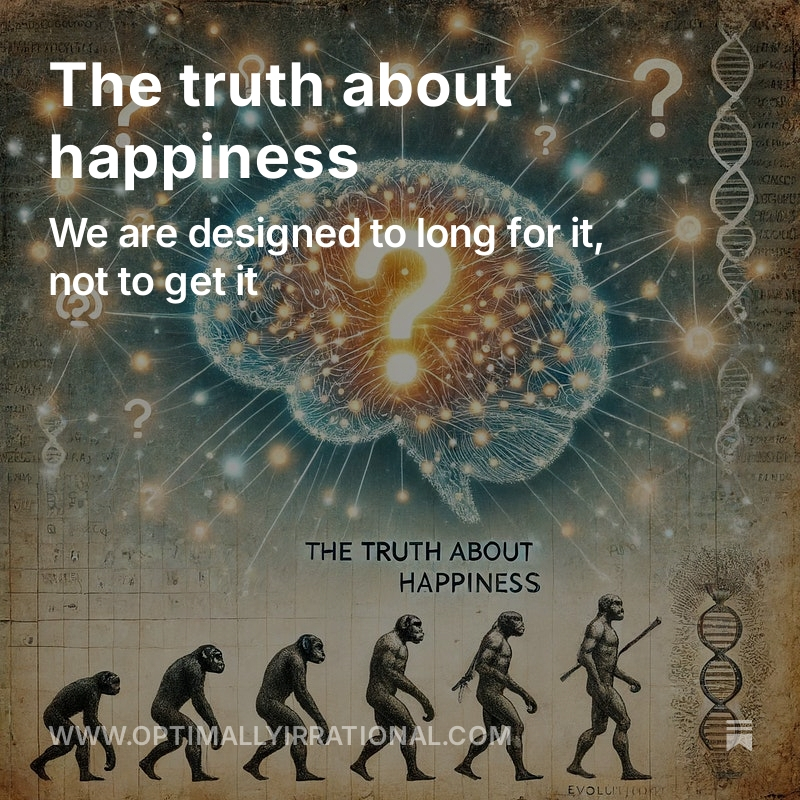An interesting thread (by my old friend @mioana) criticising how economists study discrimination. There are very good points in it.
I'll defend that the economic approach is important to address discrimination. But we should also be careful about how it can be used.
(thread)
I'll defend that the economic approach is important to address discrimination. But we should also be careful about how it can be used.
(thread)
https://twitter.com/mioana/status/1270744523845496833
First, let's point that economists are not ignoring discrimination, on the contrary. They study it a lot with the best tools they have such as laboratory and field experiments:
https://twitter.com/page_eco/status/1040230785603620869?s=20
Theoretically, economists typically distinguish two types of discriminations:
- Taste based: "I do not like these people"
- Belief based: "I believe these people are not as good as others" (also called "statistical discrimination")
- Taste based: "I do not like these people"
- Belief based: "I believe these people are not as good as others" (also called "statistical discrimination")
@mioana's criticism is well taken: statistical discrimination can serve as a cop-out: "There is no racism". For example, in the case of the labour market: "It's just employers being rational and observing that some ethnic demographics correlate with productivity. Nothing wrong."
Such a position would wrongly conflate a judgement on the employers' decision making ("rational") and on the labour market situation ("no problem").
Instead, we can decide that society needs to be changed to eliminate such discriminations (whether decisions are rational or not)
Instead, we can decide that society needs to be changed to eliminate such discriminations (whether decisions are rational or not)
If there is "statistical discrimination", it means that some people pay a price for characteristics they are simply born with.
Stated like this, I believe most people would agree to support policies aiming to reduce/eliminate such disadvantages.
Stated like this, I believe most people would agree to support policies aiming to reduce/eliminate such disadvantages.
The economic conceptual framework, when properly used, can be key to inform policies to reduce discrimination. Different causes call for different solutions.
If discrimination is taste-based (racism proper). It can call for:
1) Penalising them
2) Understanding how such preferences are formed and potentially changed 👇
1) Penalising them
2) Understanding how such preferences are formed and potentially changed 👇
https://twitter.com/ImranRasul3/status/1270948818088079363?s=20
If discrimination is belief-based. These beliefs may be wrong (as they often are, see below). In that case, an easy solution is to improve information to reduce discrimination.
nber.org/papers/w25935
nber.org/papers/w25935
If beliefs are Bayesian, one solution is to reduce the role of demographic information in employers' decisions:
- Impose limits on access to this information (e.g. anonymity)
- Improve information on other characteristics (e.g. GRE scores)
- Impose limits on access to this information (e.g. anonymity)
- Improve information on other characteristics (e.g. GRE scores)
It is therefore key to disentangle the different possible mechanisms generating discrimination to address it and resolve it. For that, we need to understand how decisions by employers and gatekeepers are made.
I agree with @mioana that it is hard to disentangle statistical and taste-based discriminations because it relies on beliefs and information which we do not observe. But economists are now good at studying subjective mechanisms, e.g. using lab experiments.
sciencedirect.com/science/articl…
sciencedirect.com/science/articl…
In any case, we don't need to wait to have fully understood the mechanisms generating discrimination to address it. We can design different policy interventions and evaluate their efficacy. It is also part of the process to understand discrimination.
end/
end/
• • •
Missing some Tweet in this thread? You can try to
force a refresh





















